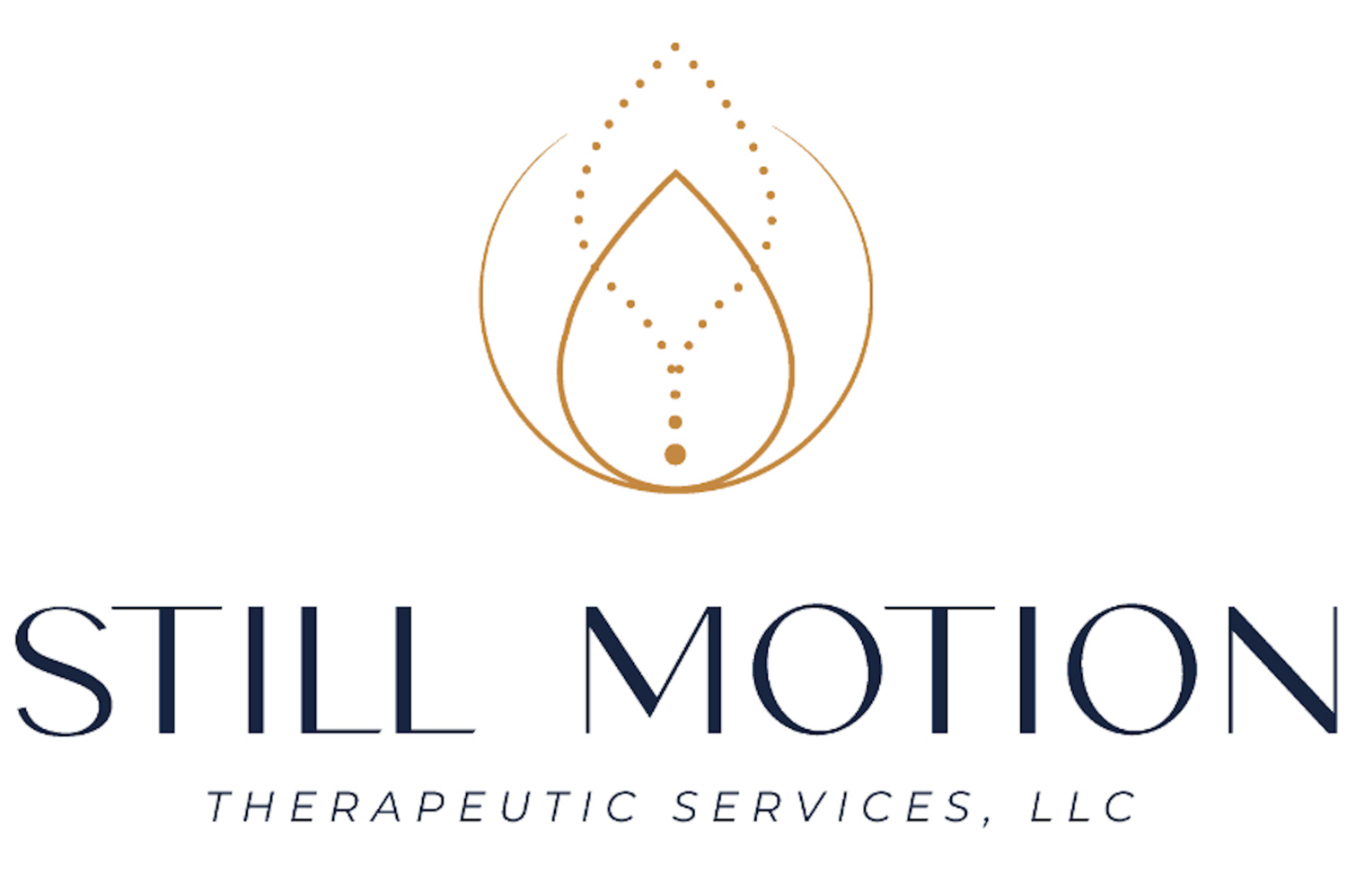The Duality of the Mind: Eating Disorders & the Shadow Self
/The shadow, a term coined by Swiss Psychiatrist, Carl Gustav Jung (AKA my hero)—identified the shadow as the aspects of our personality that lie dormant in the unconscious mind. The shadow is considered the ‘dark side’ of our personality; the parts that we do not like, deny, and/or do not yet know about ourselves. Impulse, addiction, lies, sexual lust, fear, guilt, rage--just to name a few.
The shadow tends to primarily consist of primitive instincts and negative emotions or impulses that we deny in ourselves because at one point or another, we have deemed certain parts of ourselves to be unacceptable. Rather than bring the shadow aspects of ourselves to light, we were taught and conditioned (unconsciously) at an early age to suppress, avoid and/or escape from these parts of our personality.
Jung argued that the shadow aspects of self are meant to be integrated into the personality in order to achieve individuation. In other words, to attain self-actualization and become ‘whole’.
On the topic of eating disorders, the shadow is especially prominent.
Whether you identify with binge-eating, restriction, purging—are eager to try the latest fad diet and/or have a neuroticism to ‘eat clean’ and exercise incessantly to kick the yo-yo dieting—you are guilty by association.
Undeniably so, the shadow plays a dominant role in our day-to-day life interactions with others and has a profound impact on our mental health.
Irrespective of the size or shape of the proverbial shadow that lies inherent within you, the depth of the shadow on a universal scale is the same.
When living in a culture and society, highly influenced by social media and pop culture, we are pressured to be fit and thin and fight against aging more than ever. The external pressure we experience on a daily basis is compounded over time—further propelling us to project our inferiorities onto others.
We project the person we want to ‘appear as’ onto our social media platforms (shadow self) at the cost of denying ourselves the conscious will to show up as who we truly are (authentic self).
This is a vicious cycle. Over time, the danger and destructive nature of the shadow is amplified and can manifest into an array of psychological disturbances.
Symptoms. Attitudes. Manipulative behavior. Depression. Anxiety. Poor self-esteem. Addiction. Extreme starvation. Binging. Purging. Anger outbursts.
That’s not all. If not addressed and taken too far, the duality of the mind can lead to dissociations between the shadow self and the authentic self, leading the shadow side of one’s personality to have complete and utter control of one’s conscious will.
So, what does this look like in terms of eating disorders?
The magnitude to which the individual refuses to and/or lacks awareness of his/her/their duty to take responsibility for one’s own shadow is indicative of the extent to which the individual is operating from the shadow. Most frequently, this shows up as denial, lack of control, non-compliance, self-sabotage, self-torment and can often result in inpatient hospitalization and residential treatment.
So, where do we go from here?
Work on bringing the shadow into consciousness.
How?
1. Increase awareness - self-reflection and introspection.
2. Acceptance – acknowledge, honor and surrender to shadow aspects of self, without judgment. Embrace the process.
3. Create space in stillness via meditative and mindfulness practices (e.g. DBT, yoga, breathe work).
4. Write. Write for anywhere from 7-30 minutes daily. Write down triggers of thoughts and feelings associated with maladaptive behaviors as well as antecedents and origins of toxic tendencies.
5. Exercise the interplay between the shadow self and authentic self in vivo experience.
6. Repeat. Be consistent. Acknowledge that this is hard work, also acknowledge that you are in control. No one said this was easy but if anything is worth fighting for this is it.
One of Jung’s followers, Liliane Frey-Rohn (1967) writes, “it’s a psychological problem of the highest moral significance. It demands that the individual hold himself accountable not only for what happens to him, but also for what he projects…without the conscious include of the shadow in daily life there cannot be a positive relationship to the other people, or to the creative sources in the soul; there cannot be an individual relationship to the Divine” (cited in Diamond p. 109).
References
Diamond, Stephen Ph.D Encyclopedia of Psychology and Religion. (Springer Verlag, 2009).
Diamond, Stephen Ph.D Anger, Madness and the Daimonic: The psychological Genesis of Violence, Evil and Creativity (SUNY Press, 1996).
Diamond, Stephen Ph.D Essential Secrets of Psychotherapy: What Is the “Shadow”? (Psychology Today, 2021) https://www.psychologytoday.com/au/blog/evil-deeds/202101/essential-secrets-psychotherapy-what-is-the-shadow

